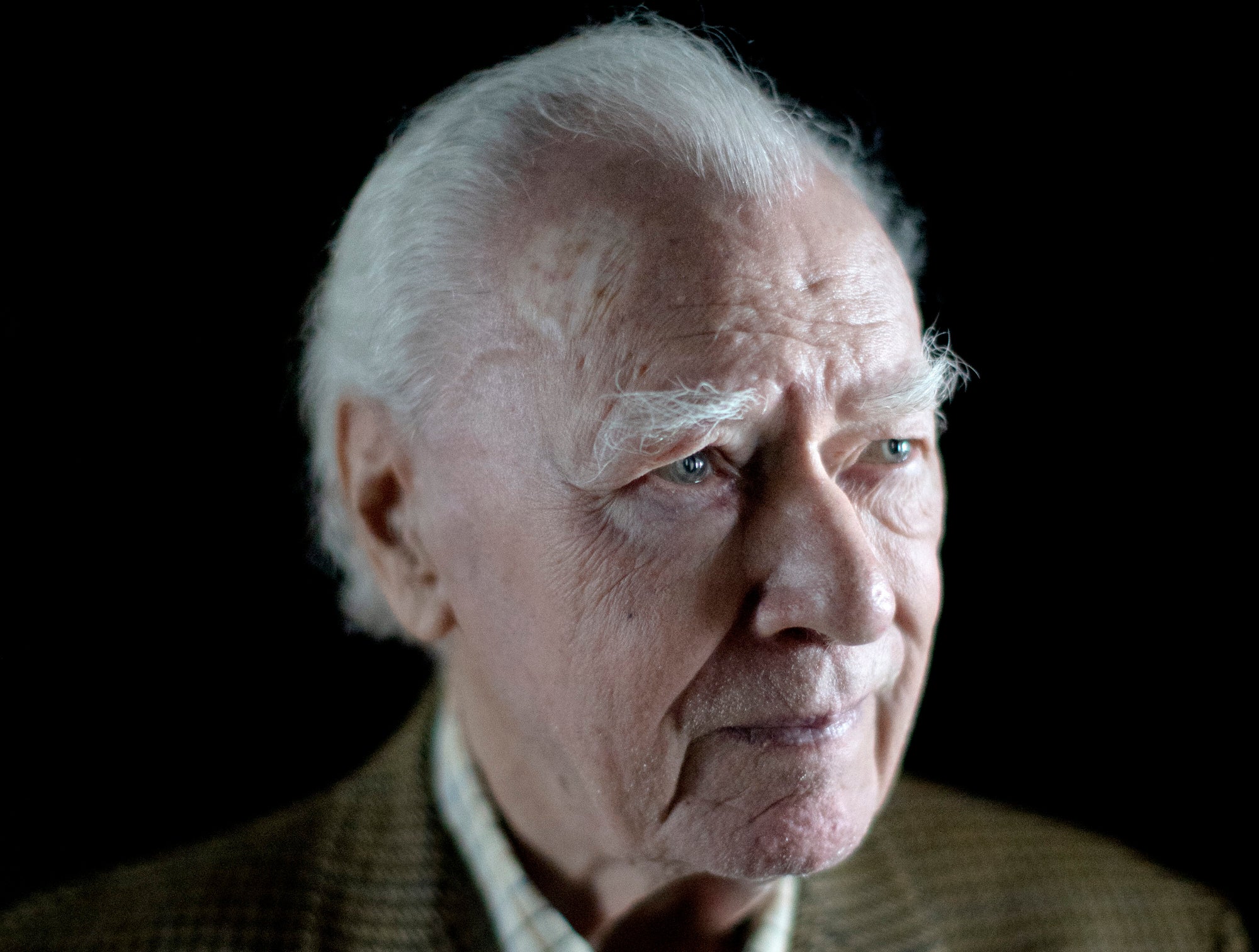Poul Schlueter, longtime Danish prime minister, dies at 92
Poul Schlueter, Denmark’s prime minister for over a decade who negotiated exemptions for his country to a key European Union treaty after Danes rejected the initial text in a referendum, has died

Your support helps us to tell the story
From reproductive rights to climate change to Big Tech, The Independent is on the ground when the story is developing. Whether it's investigating the financials of Elon Musk's pro-Trump PAC or producing our latest documentary, 'The A Word', which shines a light on the American women fighting for reproductive rights, we know how important it is to parse out the facts from the messaging.
At such a critical moment in US history, we need reporters on the ground. Your donation allows us to keep sending journalists to speak to both sides of the story.
The Independent is trusted by Americans across the entire political spectrum. And unlike many other quality news outlets, we choose not to lock Americans out of our reporting and analysis with paywalls. We believe quality journalism should be available to everyone, paid for by those who can afford it.
Your support makes all the difference.Poul Schlueter, Denmark's prime minister for over a decade who negotiated exemptions for his country to a key European Union treaty after Danes rejected the initial text in a referendum, has died. He was 92.
Schlueter, who was prime minister from 1982-1993, died Thursday surrounded by his family, the leader of the party that he once headed said Friday in a statement.
“The family has lost a dear member, and our country has lost one of the most important people of our time,” Soeren Pape Poulsen, who heads the opposition Conservatives said in a statement.
In 1992, Denmark stalled the EU’s move toward a closer cooperation when Danes rejected the Maastricht treaty.
At home, Schlueter negotiated four exemptions, including one that allows Denmark to stay outside the euro. A year later, the revised text was approved in a second Danish referendum, allowing other EU members to move on with their plans.
In 1993, Schlueter surprisingly stepped down following an immigration scandal involving his then justice minister, allowing the Social Democratic opposition to grab power. He was then elected to the European Parliament where he sat from from 1994 to 1999.